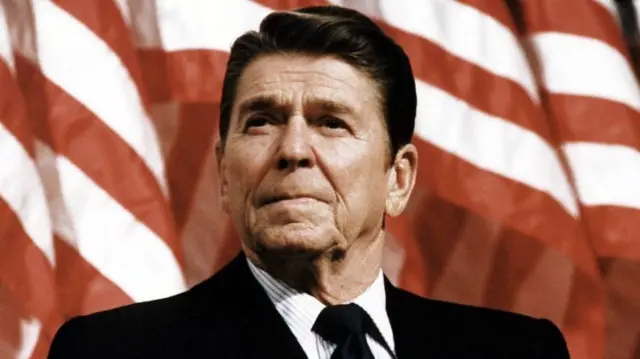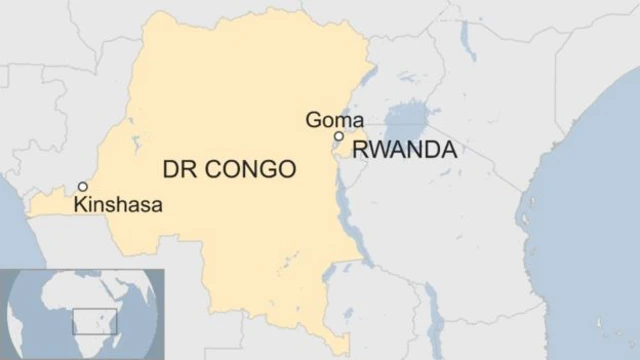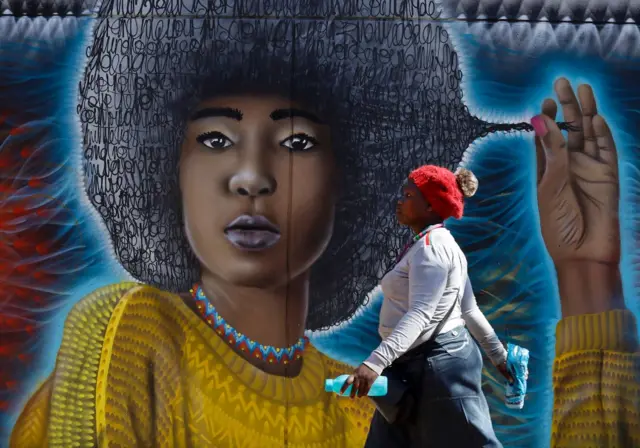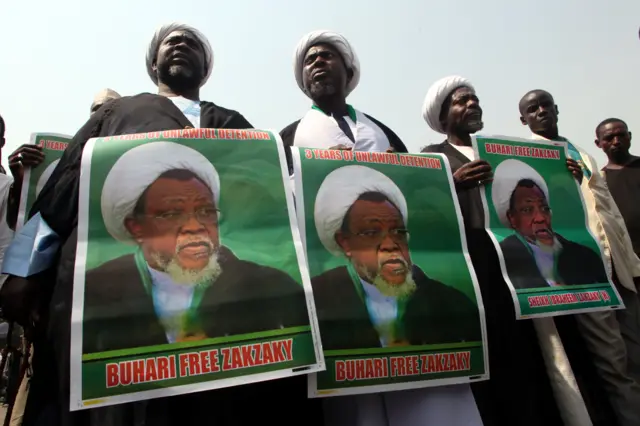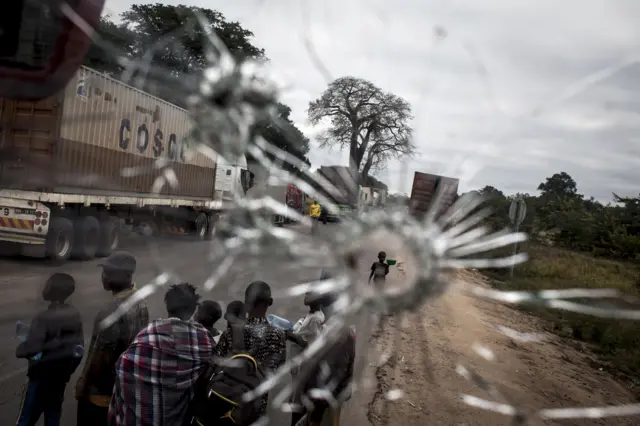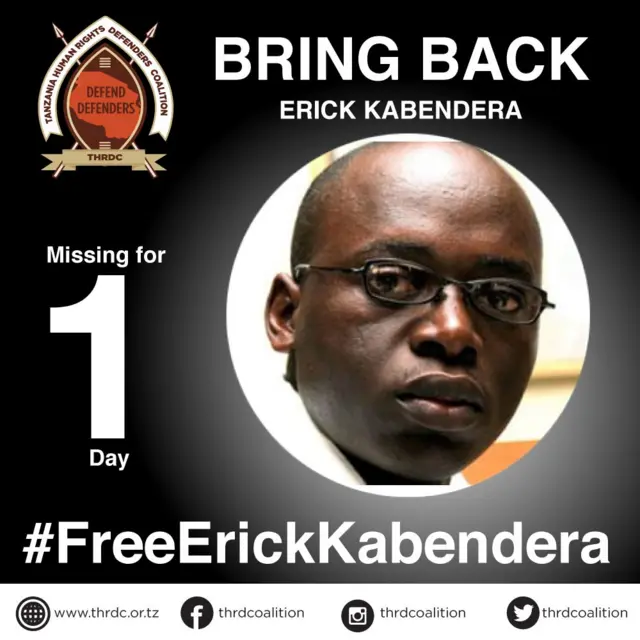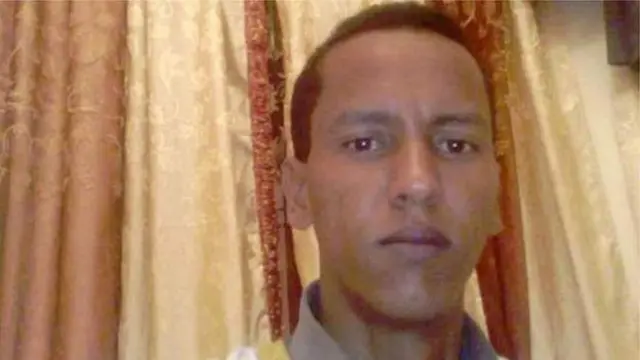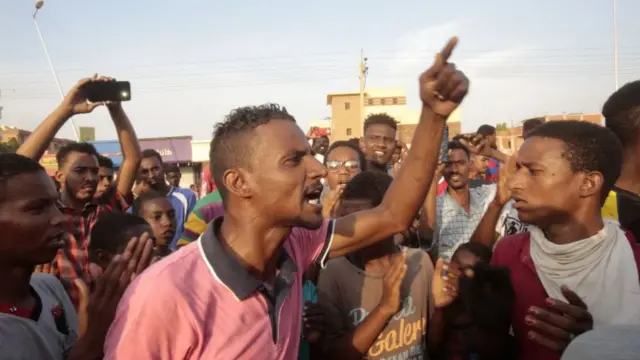Should Namibians learn Swahili?published at 09:19 BST 31 July 2019
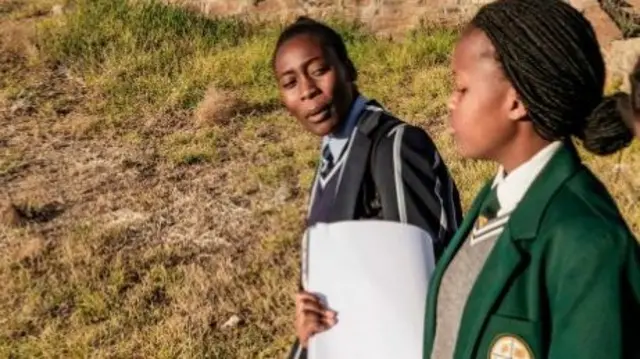 Image source, AFP
Image source, AFPSome teachers feel the focus should be on local languages
Teachers in Namibia are not keen on the idea of adding Swahili to the national curriculum, reports the privately owned The Namibian newspaper, external.
The southern African country is mulling the introduction following a visit from Tanzania’s President John Magufuli in May when he offered help to train teachers, the paper says.
Mahongora Kavihuha, president of the Teachers Union of Namibia, cautioned that there should be clear reasons for the move, such as creating “competitiveness in terms of employment, exposure and opportunities” - and these had not yet been made.
Swahili is the lingua franca of eastern and south-eastern Africa. It is spoken by millions of people.
For Jekura Kavari, head of language and literature studies at the University of Namibia, indigenous languages should remain the focus.
“[We have] to bring them to the level of other European languages, and they are saying they don't have money to do that. So, do they have money to develop kiSwahili, which is also going to contribute to the marginalising of our languages?” he is quoted as saying.
One teacher in the capital, Windhoek, made the same point - telling the paper that some primary-age pupils were struggling with Oshiwambo and Otjiherero.
Meanwhile, a secondary school teacher interviewed by the paper said English was already proving difficult for his pupils.
An education ministry official told the Namibian that consultations were ongoing and preparations were being made to go to Tanzania to discuss the Swahili proposal further.
